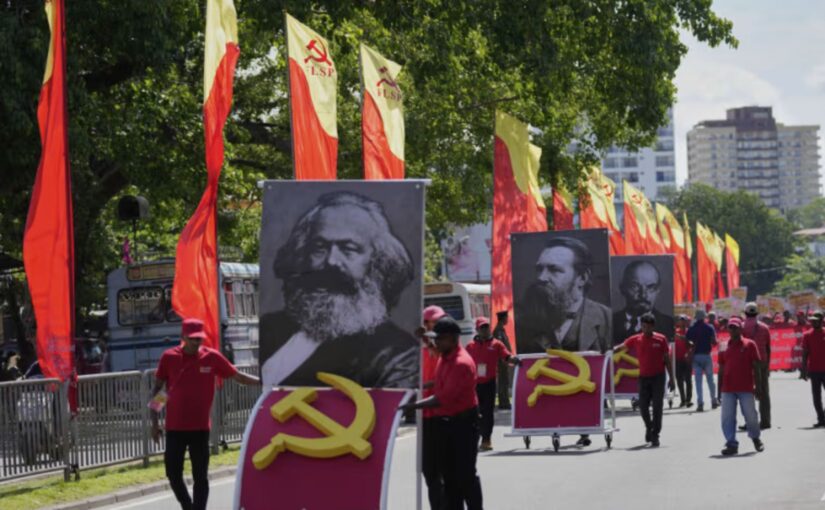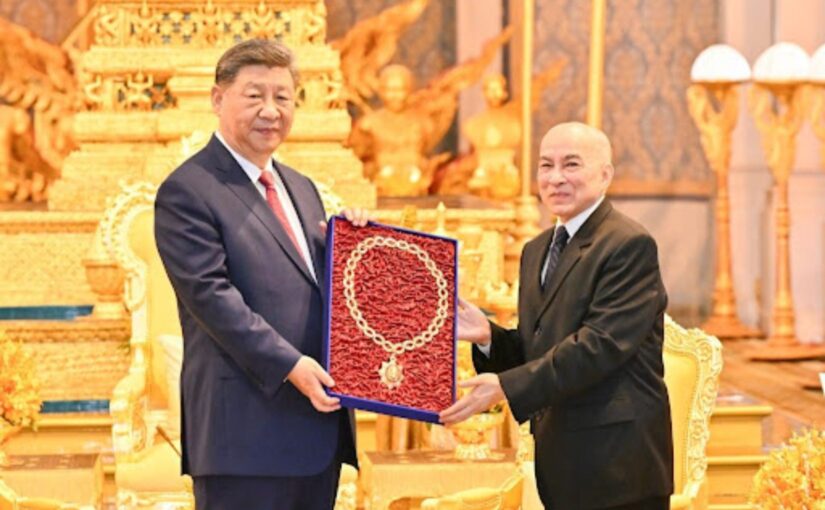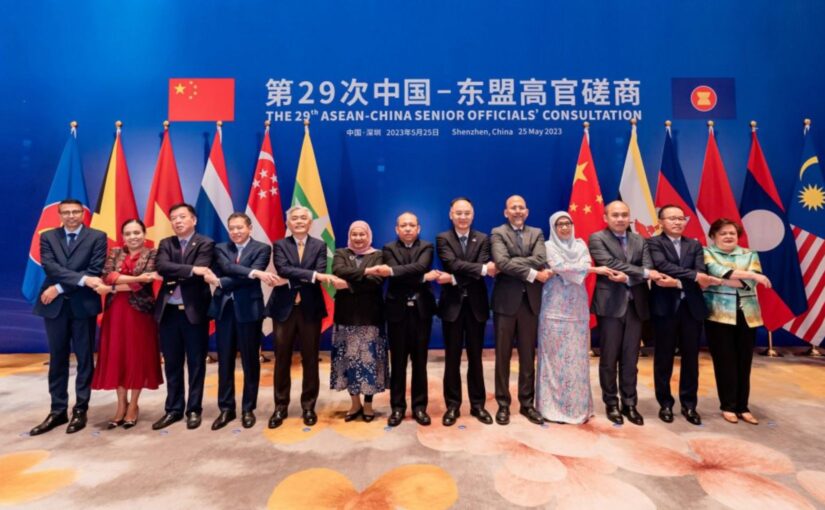Vietnamese Prime Minister Pham Minh Chinh paid a working visit to China, June 24-27, at the invitation of his Chinese counterpart Li Qiang. The centrepiece of his visit was his participation in the 16th Annual Meeting of the New Champions of the World Economic Forum (WEF) in Tianjin at the co-invitation of WEF President and CEO Børge Brende. Known as the ‘Summer Davos’, the event in Tianjin is the second most important annual WEF activity after the gathering in the Swiss resort of Davos itself. Uniquely among foreign leaders, this was the third consecutive year for the Vietnamese Prime Minister to take part. It was also the first visit by a key Vietnamese leader to China in 2025, taking place shortly after the state visit to Vietnam by General Secretary of the Communist Party of China and Chinese President Xi Jinping in April.
Pham Minh Chinh met with Li Qiang on June 24, shortly after his arrival in Tianjin.
Noting that this year marks the 75th anniversary of the establishment of diplomatic relations between China and Vietnam, Li said the deep friendship of “comrades and brothers” has remained firm and fresh over time. Since the successful visit of Xi Jinping to Vietnam in April, the comprehensive strategic cooperation between China and Vietnam has been further advanced. China is willing to continue to implement the outcomes of President Xi’s visit with Vietnam to bring more benefits to the two peoples.
China welcomes Vietnam to become a BRICS partner country and is willing to work with Vietnam to safeguard free trade and the multilateral trading system, promote an equal and orderly multipolar world and a universally beneficial and inclusive economic globalisation, and inject more stability and positive energy into world peace and development.
Chinh said that Vietnam always considers developing its relationship with China a strategic choice, an objective necessity, and a top priority in its foreign policy and expressed confidence that China will continue to grow and play an increasingly important role in global development, security, and civilisation.
He proposed that both sides further promote the key role of security and defence cooperation in the overall bilateral relationship; improve the quality and effectiveness of practical cooperation across various fields; and maintain regular operations of the intergovernmental working groups on land-based infrastructure, monetary issues, and maritime cooperation, as well as the joint committees on economic-trade and scientific-technological cooperation. He also suggested studying the establishment of new working groups in education, training, finance, culture, and people-to-people exchanges.
Pham Minh Chinh also met with other foreign leaders attending the forum, namely Ecuadorian President Daniel Noboa, Singapore Prime Minister Lawrence Wong, Kyrgyzstan Prime Minister Adylbek Kasimalyev, and Prime Minister of Senegal Ousmane Sonko.
Thanking Vietnam for its agricultural assistance, Sonko hoped for continued support in rice and cashew cultivation. He praised the success of Vietnam’s agricultural cooperation model in other countries and voiced interest in expanding that model to benefit Senegal and other Global South nations.
The Vietnamese and Senegalese leaders agreed to increase high-level exchanges and mutual visits, boost trade and investment promotion activities, facilitate business connections, and foster market access for each other’s key export products, with a strong focus on agriculture. Chinh invited Sonko to visit Vietnam, an invitation the Senegalese leader accepted with pleasure.
Also, as part of his working trip to China, on June 26 Chinh visited the Memorial Hall of the First National Congress of the Communist Party of China (CPC) and Pudong district, considered a development model in the new era of Shanghai as well as China.
Writing in the memorial hall’s guestbook, Chinh expressed his admiration and congratulations on the remarkable achievements of the CPC in leading the revolution and building a civilised, prosperous, harmonious, and modern nation.
The following articles were originally published by the Xinhua News Agency and Nhân Dân.
Chinese premier meets PM of Vietnam
TIANJIN, June 24 (Xinhua) — Chinese Premier Li Qiang on Tuesday met with Prime Minister of Vietnam Pham Minh Chinh, who is in north China’s Tianjin Municipality for the 2025 Summer Davos.
Noting that this year marks the 75th anniversary of the establishment of diplomatic relations between China and Vietnam, Li said the deep friendship of “comrades and brothers” has remained firm and fresh over time. Since the successful visit of Xi Jinping, general secretary of the Communist Party of China Central Committee and Chinese president, to Vietnam in April, the comprehensive strategic cooperation between China and Vietnam has been further advanced.
Continue reading Vietnam boosts China friendship at Summer Davos



















